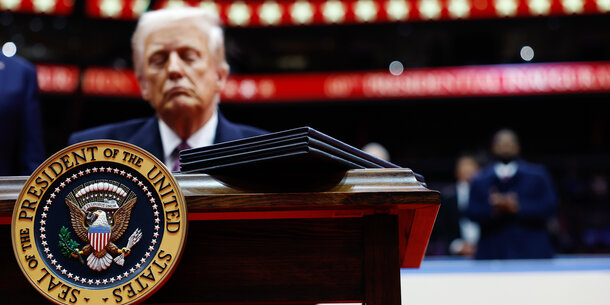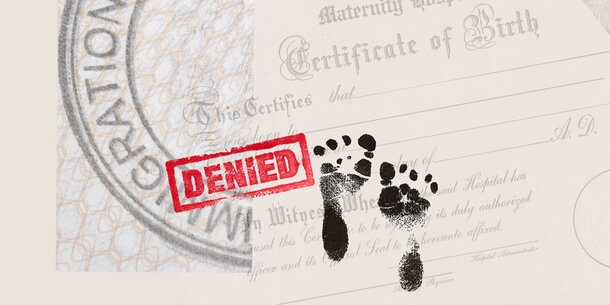State judges are speaking out against originalism — a method of constitutional interpretation that focuses on “history and tradition” as a basis for assessing constitutional rights. In doing so, they both echo federal judges’ arguments and raise state-specific concerns of their own.
The U.S. Supreme Court has radically changed American law under the banner of originalism. In Dobbs v. Jackson Women’s Health Organization, for instance, the Court conducted an originalist analysis of the rights included in the 14th Amendment’s liberty protections to hold that there was no federal constitutional right to abortion. And in New York State Rifle & Pistol Association v.Bruen, the Court dramatically expanded gun rights under the Second Amendment through a similar originalist interpretation of the history of the nation’s gun regulation.
The Court’s embrace of originalism in these and other cases has prompted sharp criticism, including by other federal judges and prominent historians. Though some state court judges have emerged as prominent advocates of originalism, few state courts have fully embraced originalist methods and some have denounced them when considering how to interpret their states’ constitutions. Here is a sampling of state court judges’ most prominent critiques.






